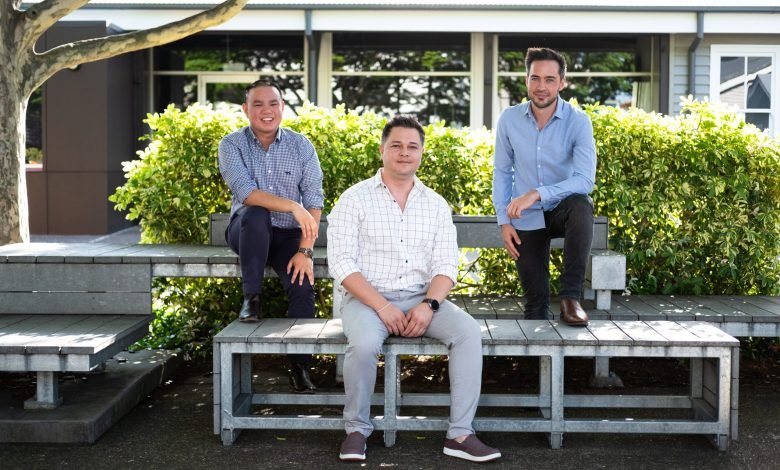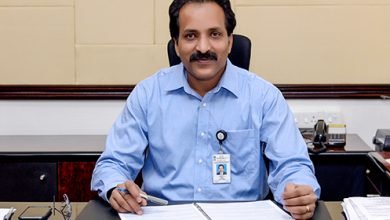With $26.74 M in commitments, Mandalay Venture Partners closes its first four investments

By adding Queensland Investment Corporation (QIC) as an investor, Australia-based farm-to-fork innovation venture fund Mandalay Venture Partners has strengthened its position in the country’s expanding agrifood tech industry.
The largest member-owned organization in Australia, the NRMA, has committed $26.74 million to the fund, according to a statement released on Wednesday by Mandalay Venture Partners.
The company wants to use this to help companies address major issues facing the food industry, such as supply chain automation, sustainability, on-farm efficiencies, future foods, autonomous vehicles, eCommerce, and e-grocery.
It is noteworthy that within a year, Mandalay Venture Partners secured its first four portfolio companies: FUL Foods, Agscent, Harvest B, and Naturo (Haelen). In 2024, the fund plans to make an additional six investments.
“We’ve hit the ground running. Since raising our first $20 million last year, we’ve brought on some strategically important new investors (including QIC) and made four investments, in what has been a very tough year for startups and VC in Australia,” its Managing Partner Mark Gustowski said.
“QIC’s investment is a meaningful endorsement of our fund. To secure their support, we worked through a level of due diligence typically reserved for large global venture funds.”
“We’re also passionate about Queensland as a hub for agrifood tech. Queensland’s startup ecosystem has been growing steadily over the past decade, so there’s a real opportunity for agrifood tech to excel here, given that over 90 percent of the state’s is already used in agriculture production,” he added.
According to Mandalay Venture Partners, which cited data from the Australian Department of Industry, Science, and Resources, 1.7% of early-stage venture investments nationwide are made in the fields of forestry, fishing, and agriculture.
The same category receives only 2.4% of venture funding worldwide.
But since 2016, funding in the agrifood tech industry has increased fourfold, suggesting that Australia has a large amount of unmet demand from startups looking for funding.
“There has never been a better time to invest across the agrifood tech space than now,” Gustowski said.
“Numerous regions across the globe are looking to have exposure to Australia’s clean and green agriculture and food systems, where technology is enabling efficiency, increasing quality and food choice and availability,
“Already one of Australia’s largest export sectors, the adoption of technologies across the agriculture and food supply chain underpins Australia’s rise as a major provider of innovation and tech across the ASEAN region over the decade ahead,” he added.





